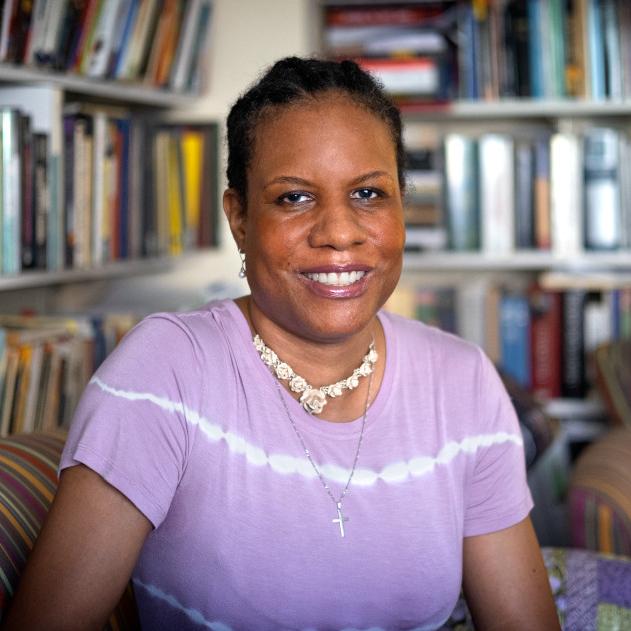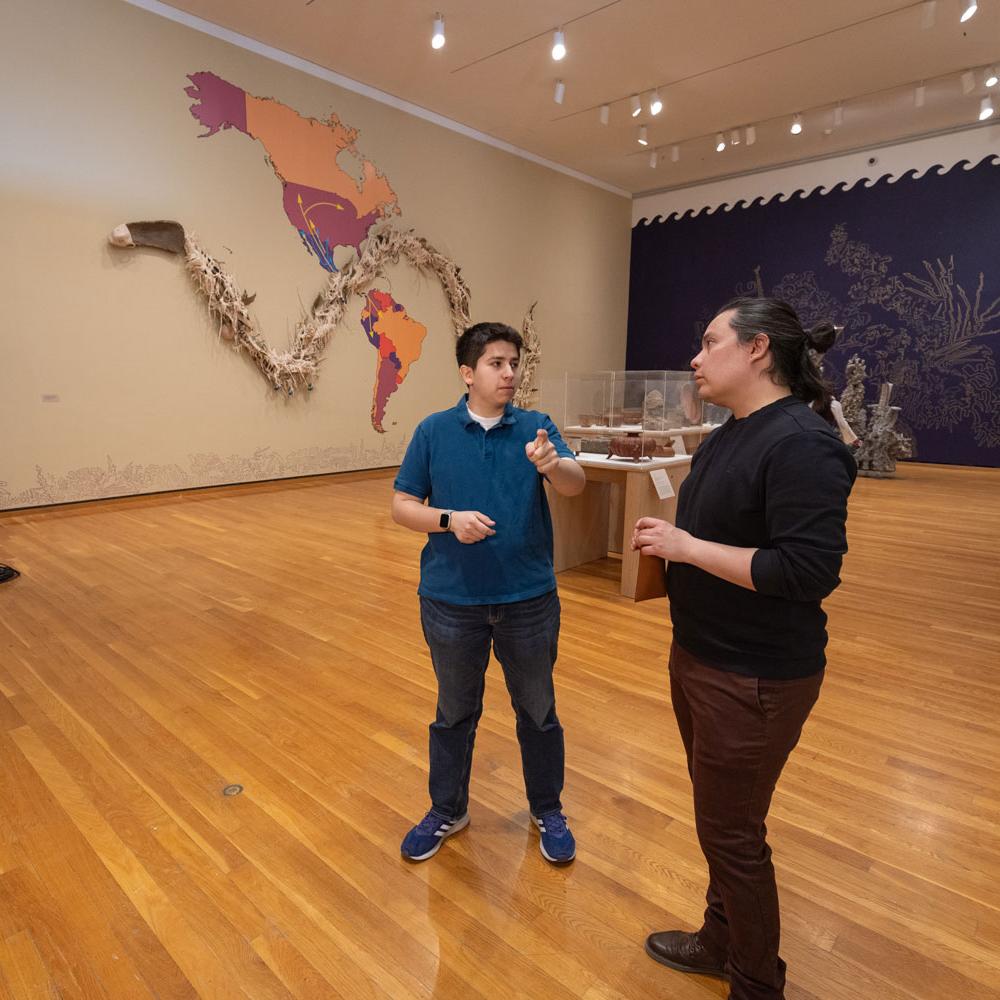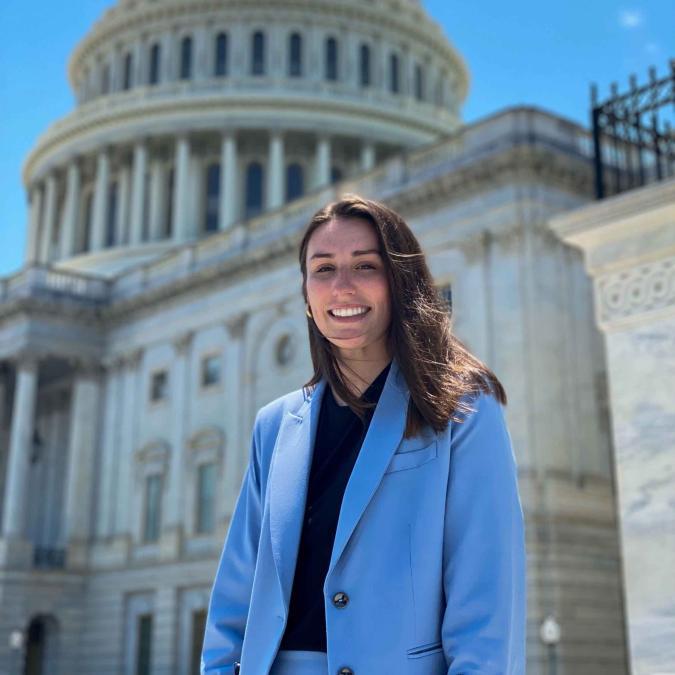Sarena Tien is a doctoral candidate in romance studies with a concentration in Feminist, Gender, and Sexuality Studies from Richmond, Virginia. She earned a bachelor’s degree at Randolph-Macon College and a master’s at Cornell University and now studies representations of female friendship in literature and film from French-speaking Africa and Asia under the guidance of Imane Terhmina at Cornell.
What is your area of research and why is it important?
I analyze representations of female friendship in literature and film from Francophone (French-speaking) Africa and Asia. The philosophy of friendship has long been steeped in Western, classical, and masculine thought that excludes women, but I argue that female friendship possesses the radical potential to unsettle patriarchy and heteronormativity. Additionally, my dissertation challenges France’s androcentric and colonialist motto of “liberté, égalité, fraternité” by rewriting women back into the history of nation-building. My work also seeks to center indigenous interpretations of friendship and to connect such paradigms to Black feminist theories of sisterhood.
What are the larger implications of this research?
Why are familial, marital, and romantic relationships prioritized over platonic ones? My research establishes that friendship is an equally, if not more, important social unit. When I wanted to teach a first-year writing seminar (FWS) on female friendship in Francophone Africa, I was told that the topic was too narrow, did not produce opportunities for students to analyze at a deep level, and could not sustain itself for a semester. However, my students told me that my class encouraged them to think more deeply about their own friendships, proving that my research has practical applications.
Can you describe your interactions with the Office of Inclusion and Student Engagement and additional Graduate School resources?
My experiences with the staff and students involved with OISE, particularly the Graduate and Professional Diversity Council (GPS DC) have always been positive and uplifting. Associate Dean for Inclusion and Student and Faculty Engagement Sara Xayarath Hernández, for example, has been an invaluable source of support, reaching out to check in on members of the Society for Asian American Graduate Affairs (SAAGA) when the Asian/Asian community has been the victim of targeted violence. I am also grateful to have been awarded a Provost Diversity Fellowship for fall 2023, giving me more time to work on my dissertation while managing job market materials.
How has your involvement with the Society for Asian American Graduate Affairs (SAAGA) shaped your graduate school experience?
SAAGA has helped me find and build a community that understands and relates to my struggles as a Chinese American woman both inside and outside of academia. My academic field is one where I’m marginalized in terms of race, ethnicity, and sexuality, and SAAGA has given me a sense of belonging rather than isolation. I’ve served on the eboard for three years, and currently, as president, I hope to continue growing this community so that it can offer a safe space to help other Asian/Asian American students navigate graduate school in a positive and productive manner.
What are your hobbies or interests outside of your research or scholarship?
I have a huge appetite for fiction books and will happily devour a novel when I have the time. In addition, I’m a creative writer and have published poetry, short stories, personal essays, and articles. When it comes to hobbies unrelated to literature, I enjoy soaking in the sun by wandering through nature, going on hikes, or traveling. I also have an affinity for arts and crafts, especially crochet, which I use to make amigurumi as well as baby hats for my friends.
Why did you choose Cornell to pursue your degree?
I’ve always known that I wanted to explore literature and film from feminist angles, so I was looking for a program that would give me the freedom to pursue intersectional research. The French literature program here encourages concentrations in minor fields, and I was drawn to the idea of a graduate minor in feminist, gender, and sexuality studies. Cornell’s wide variety of courses and extensive library resources such as borrow direct also appealed to me as a humanities scholar.






